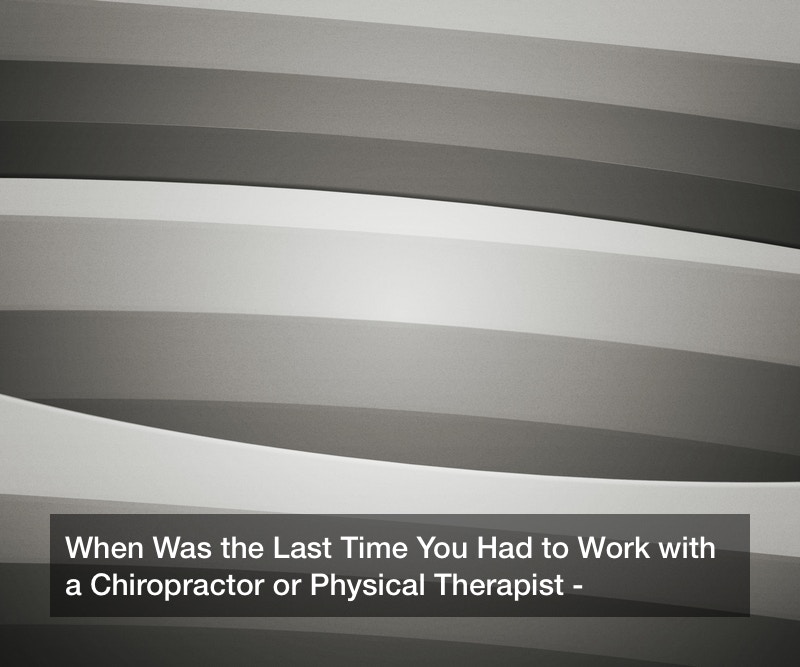
The world is full of billions of different kinds of people. It’s hard to underestimate just how many different kinds of people there are in the world. Often times, we only think about the friends and family in our immediate lives but the truth is that there are a lot of people in the world and most of them are different from one another. As society becomes increasingly interconnected it becomes important, then, to try and understand what life is like for people who think or live differently than you do, your town does or even your country does. It’s also important to respect why and how people live the way they do, what led them to who they are today. As a people, as individuals. A person who has suffered multiple lower back injuries is going to have a different idea about what self-reliant is than, say, someone with limited mobility who has to deal with issues of their own. For many millions of people, living with a disability is a very real and tangible part of their day and it eventually becomes part of their overall lifestyle. Here are a few facts about living with disabilities, how they happen and how to stay active if you live with one.
Sensory Disabilities
The first category of disabilities is sensory disabilities. These include sight, sound, smell and other alterations to the central nervous system that change how an individual perceives the outside world. For example, a person might be partially blind and require medical assistance to see in a satisfactory way. This person, then, is going to have a very different sense of what self-reliant means than a person with another sensory disability. Partial blindness is treatable with medical help. Full blindness can be assisted although there is no way of currently reversing full blindness. The same could be said of deafness although with some moderate differences. Partial deafness is a surprisingly common ailment among the older population in most countries and, because of its prevalence, we’ve made it a priority in making sure people living with it can do so in a healthy manner. Full deafness is harder to treat but medical advances have made it much easier in the past three decades. While blindness and deafness are two of the more famous sensory disabilities there are other less known ones as well. There are people with synesthesia who perceive senses through different organs, like sound being interpreted by smells or sight being perceived through sounds. Synesthesia is a difficult problem to treat but with medication and therapy an individual can handle themselves, be self-reliant and still lead an active life. It is our duty to care for those who might have issues with any of these disabilities.
Mobility Issues and Others
The second type of disabilities are mobility disabilities which can follow into a couple broad categories. Mobility disabilities themselves can be counted under sensory disabilities at least somewhat as someone who suffers from blindness would technically be limited in their mobility by their lack of vision. But more traditional mobility disabilities would be any alteration to the musculature or cardiovascular systems that make it difficult for a person to get around. This can affect lifestyle in a bunch of different ways, often increasing the rate of obesity for the millions of people who suffer from disabilities around the world. Thankfully, there are solutions to these problems that have allowed people who suffer from mobile disabilities to lead outward, active lives and become more self-reliant than they could have been in the past. Millions of new wheelchairs are used in the US on a yearly basis and they are getting more sophisticated all of the time. Whereas two decades ago wheelchairs were mostly simple chairs on two wheels now many of them have small motors, sensors and other digital machines that make the occupant more comfortable and safe. Wheelchairs aren’t just designed for simple mobility anymore. They are designed to assist the user, to promote health and well being both physically and mentally which is a balance that is so vitally important. Disabilities no longer have to hold a person back from their goals.
